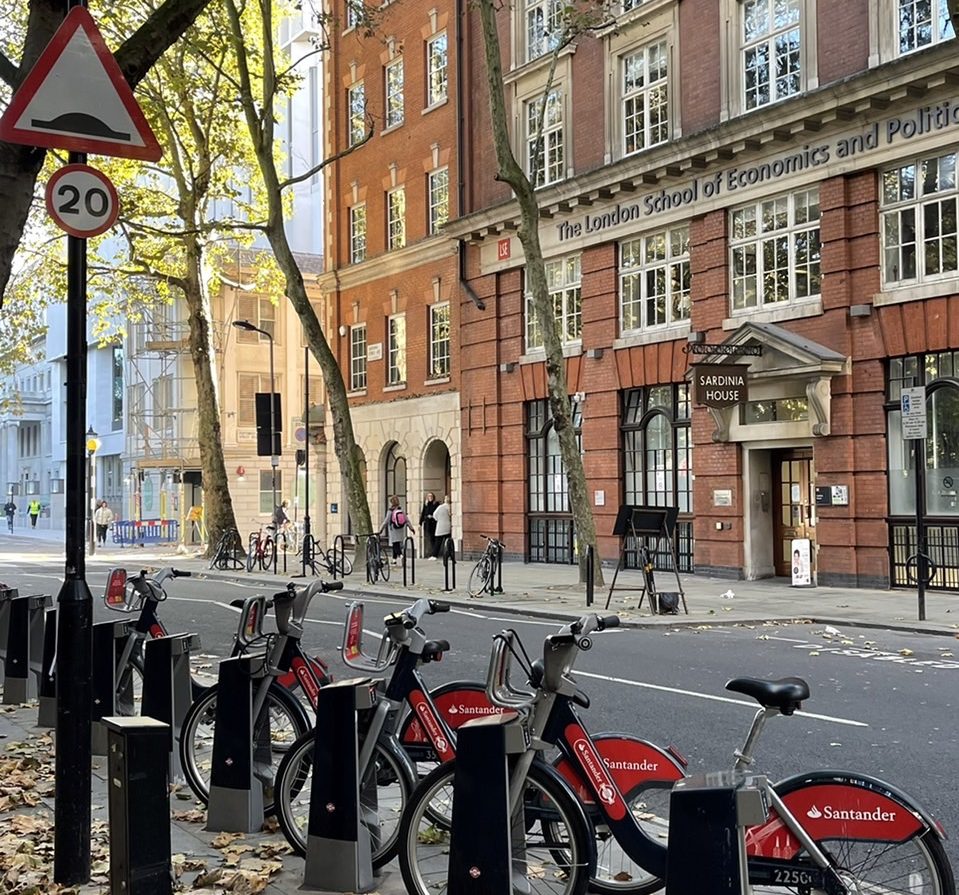Choosing an academic reference is not always super simple. It should be an advisor or professor that you admire, but also one that knows you well enough to write a convincing letter about your character and achievement. This can be a hard balance to strike, but if you think back on your university experience, I’m sure you’ll realise that there are individuals who are a good fit. Brainstorming the following is a great place to start when deciding who to approach for your academic references:
- Were there any professors or mentors that you felt particularly inspired by during college? Is there a course or professor that made you want to continue your education postgrad?
- Were there any professors or academic collaborators that you worked for or with during your undergraduate career? This could be in terms of research, assistance, a work-study program, grading papers, clubs, or other program at your university.
- Were there any classes that you excelled at, where the professor noticed your achievements? On the flip side, are there any classes that you struggled with, in which case, the professor could speak to your hard work and perseverance?
After you brainstorm the above, you should have a good idea of who you can approach for an academic reference. Now, all that’s left to do is ask!
How to ask for an academic reference:
Regardless of how close you are to the person you are asking, you should always make sure to be polite and gracious when asking for your academic reference. In fact, you should make the process as easy as possible for the recommender, after all, you are requesting a huge favour from this individual! Keep these tips in mind when asking for your academic reference:
- Ask politely: It doesn’t matter where you ask for your reference (during office hours, after class, or via email.) It does matter that you make your explanation for the request as clear as possible. Highlight how that individual has inspired you, and why you would appreciate their help in this instance. Never go in assuming that they will say yes, but hope for the best!
- Make the process easy: Be ready to share concrete details with your recommender as soon as possible. This should include information about the program to which you are applying, your reasons for applying, your transcript and CV, and any other information you think is relevant to the letter.
- Ask early: The worst thing you could do is ask for your recommendation late. Your recommender should not have to rush their letter because of your mistakes, and they may not even be able to complete the letter if you end up asking too late. Give them ample time before the deadline to write the letter. Also, be sure to politely remind them about dates and specific steps they need to take as you get closer to the deadline.
These tips will make getting those academic references a breeze. I’m sure you’ll make the right choice and have awesome letters to go along with your application if you follow the steps above!





